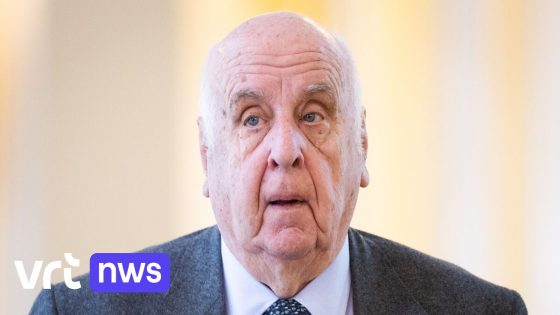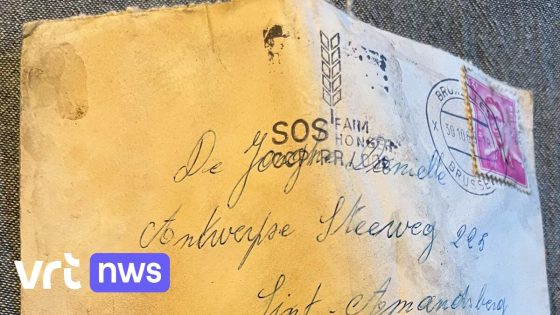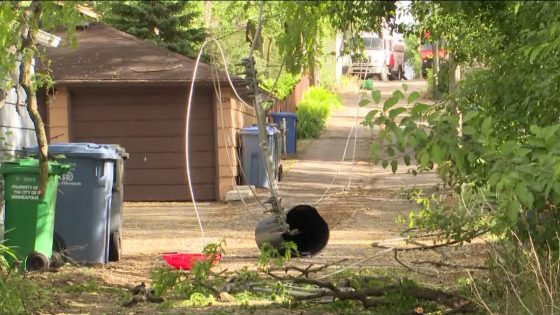The role of Etienne Davignon in the assassination of Patrice Lumumba has resurfaced in Belgian discussions, stirring renewed debate on the country’s colonial past. According to Congolese expert and author Ludo De Witte, Davignon’s involvement went deeper than previously acknowledged. On 2025-06-17 11:22:00, the federal prosecutor’s office requested Davignon’s referral for serious charges linked to Lumumba’s unlawful detention and transfer.
- Ludo De Witte critiques Davignon's cautious investigation
- Davignon's telexes reveal plans against Lumumba
- Foreign Affairs allegedly approved Lumumba's transfer
- Davignon denies approving Lumumba's Katanga transfer
- Federal prosecutor requests Davignon's referral today
- Charges include unlawful detention and mistreatment
De Witte highlights telex messages from September 1960, where Davignon described the removal of Lumumba as a “primordial problem” and sought unity among Congolese leaders against him. Controversy also surrounds Davignon’s denial of approving Lumumba’s transfer to Katanga, where the former Congolese leader was tortured and killed.
What does this mean for Belgium’s reckoning with its colonial history? And how will these developments affect public trust in political accountability? The federal prosecutor’s move shines a spotlight on unresolved questions, leading US to the fast answer.
Why does Davignon’s case matter now? It raises critical issues about transparency and justice in Belgium’s colonial legacy. Key points include:
- Davignon’s telexes suggest active involvement in Lumumba’s removal strategy.
- Discrepancies exist between Foreign Affairs’ official stance and Davignon’s statements.
- The federal prosecutor targets serious violations, including denial of fair trial rights and inhumane treatment.
As this case unfolds, Belgians are urged to stay informed and engaged. Will this lead to broader reforms in how Belgium addresses its colonial history? Only time will tell, but the demand for truth and justice remains clear.
































